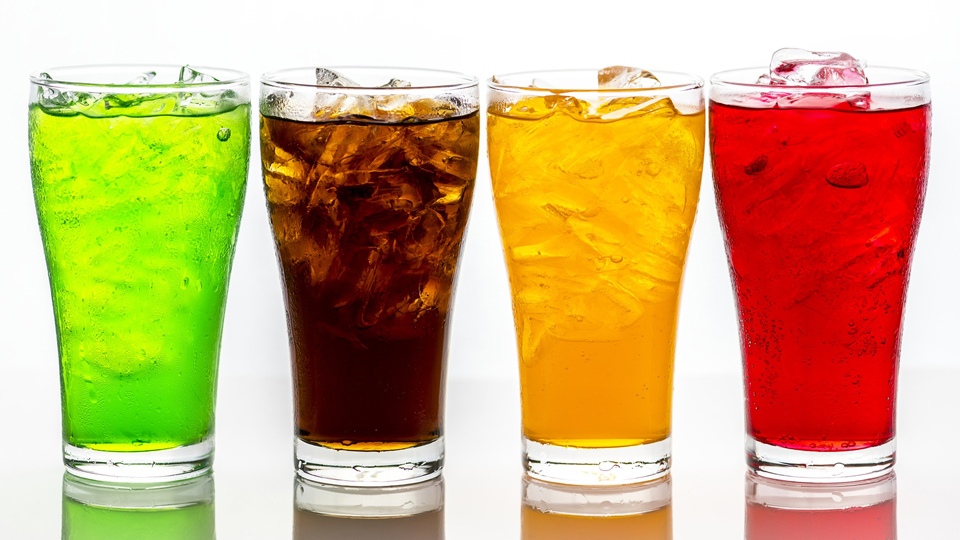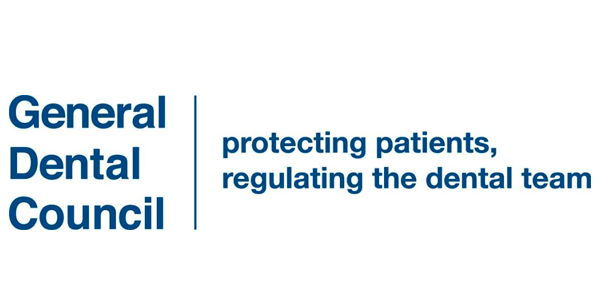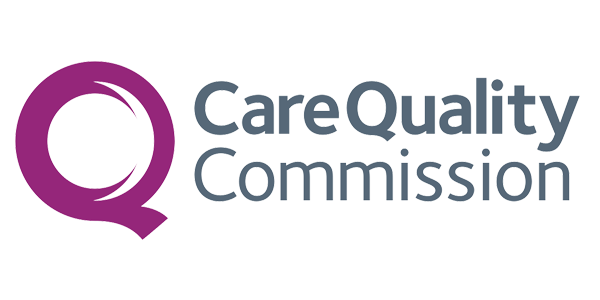We are all a little guilty of having some sort of carbonated drink. It could be a nice cold soft drink, spring water, beer and certain types of wine, but what do we know about the effects they are having on our teeth?
- Spring water, beer and sparkling wines are naturally carbonated due to absorption of carbon dioxide from the ground or through the fermentation process.
- Soft drinks are artificially carbonated.
- Many young children consume soft drinks every day, including 21% of children ages 1 to 2 and 56%of 8-year-olds.
There are many downsides to such high consumption of soft drinks on our teeth.
When it comes to teeth it isn’t how much sugar is eaten, but how long it is in contact with teeth. There are naturally occurring bacteria in everyone’s mouths. The bacteria feed on sugar, forming acids that can harm teeth. Research shows that the sugar content in many carbonated beverages is as much as 10 teaspoons for a 12 ounce drink. Such large amounts of sugar consumed regularly not only contributes to the obesity epidemic in the country, it also exposes users to tooth damage.
In addition to the acids formed by bacteria in the mouth when they feed on sugar
most carbonated beverages contain phosphoric acid, citric acid or carbonic acid. Any of these can erode tooth enamel.The calcium in saliva works to remineralise teeth after exposure to small amounts of eroding acid, but with the increased consumption of carbonated beverages, it’s not enough. Even diet soft drinks contain damaging acids. People often consume many soft drinks over the course of a day, which means tooth enamel is exposed to the acids over several hours. While it helps to drink soft drinks with a straw to keep acid away from tooth enamel, an even better alternative is to reduce or eliminate their consumption in favor of water.
Reasons to keep your children away from soft/fizzy drinks
- Dental Health
Consuming soft drinks can have a negative effect on your child’s dental health. Bacteria feed off of sugar and form plaque on teeth. This can eventually lead to excess plaque buildup and cavities. If your child doesn’t brush his/her teeth after a sugary drink, cavities can form, leading to tooth decay and gum disease.
- Hyperactivity
Many parents see a difference in their child after she consumes a large amount of sugar. While some children are more affected than others, the link between consumption of sugar found in soft drinks and hyperactivity may have something to do with the fluctuating glucose levels they create in your child’s body. Processed sugars found in soft drinks enter the bloodstream very quickly. In some cases this sugar consumption can increase adrenaline in the body, which makes your child feel hyper or have increased energy.
- Addiction
Some kids find themselves addicted to soft drinks. This could be due to the taste, the caffeine content, or the sugar content. All are contributing factors in why kids grab for a can of soda. Caffeine withdrawal can cause symptoms such as difficulty concentrating, headaches, nausea, drowsiness and depression. Children’s caffeine withdrawal can be curbed if they slowly reduce their caffeine and sugar intake.
- Weight Gain
One possible effect of your child drinking soft drinks is weight gain. While most soft drinks are only around 150 calories per 12 ounces, if consumed with other foods, it can be easy for a child to gain weight. If your child has a sedentary lifestyle or slow metabolism, she may see an increase in his/her weight if they consume sugary soft drinks regularly.






